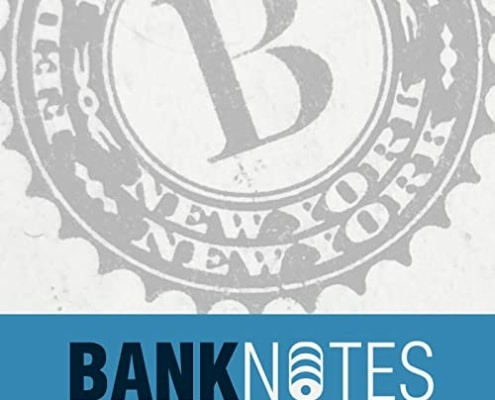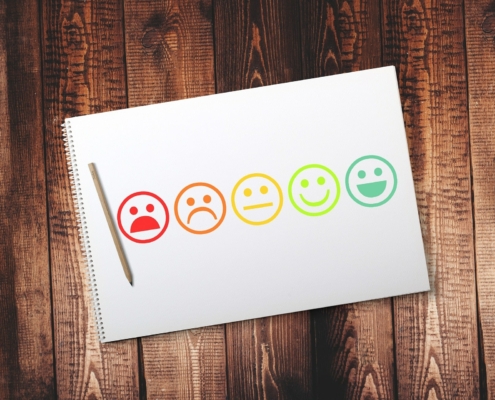
Unveiling the Unobtrusive: The Rising Power of UICs in Culture Measurement
Blog, Corporate Culture, Corporate Culture Assessment, Speak-Up and Call-Out Culture
Unobtrusive indicators of culture are providing new and growing data streams to assess company culture from the outside.
There are several ways a business might choose to measure its company culture. The fruits of most are confidential…

Banking Culture Reform: Trust, Technology, and The New Workplace
Blog, Compliance & Ethics Programs, Corporate Culture, Corporate Culture Assessment, Incentives, PodcastIn this episode of the Bank Notes podcast, from the Federal Reserve Bank of New York, host Toni Dechario, a member of the New York Fed’s culture team, speaks with Alison Taylor about her interest in the link between unethical behavior and organizational culture, ethical pressures in finance, the need to do proper behavioral experimental research in real organizations, and more.

A Virtual Dialogue on the Future of ESG
Blog, Corporate Culture, Corporate Culture Assessment
In June, r3.0, a global common good not-for-profit platform (“Redesign for Resilience and Regeneration”) held an asynchronous dialogue with people they see as “positive mavericks” in the ESG space. The event, you could say, was…

Companies Should Measure Their Levels of Workplace Bullshit
Blog, Cheating & Honesty, Corporate Culture, Corporate Culture Assessment, Speak-Up and Call-Out Culture
People’s propensity to bullshit increases when the social expectations of having an opinion are high, the audience is unknowledgeable, and the speakers expect to get away with it.
Like cheating in school, bullshitting is a way for people…

Why a Basecamp Founder’s Blog Post Blew the Company Up
Blog, Corporate Culture, Corporate Culture Assessment, Leadership
Basecamp sought to transcend the messy, fraught political discussions—particularly about racism—that surround all of us with the quick fix of stifling speech on those topics in their chat forums.
In 2018, Jason Fried and David Heinemeier…

How British Bank Employees Feel About Workplace Culture
Blog, Corporate Culture, Corporate Culture Assessment, Personality & Personnel
The Banking Standards Board, an independently led body that promotes high standards of behavior and competence across the United Kingdom’s banking industry, has released results of its fifth annual cultural assessment. It reports on a…

Corporate Culture Assessment
Corporate Culture Assessment, Practitioner, Professor, Research Summaries, Researcher
Corporate culture, a rather nebulous psychological construct, is nevertheless part of an organization’s personality. It informs employees—via expectations, standards, prohibitions, and norms, both written and unwritten—how to behave,…
